 On the third day there was a wedding in Cana of Galilee, and the mother of Jesus was there. Jesus and his disciples had also been invited to the wedding. – John 2:1-2
On the third day there was a wedding in Cana of Galilee, and the mother of Jesus was there. Jesus and his disciples had also been invited to the wedding. – John 2:1-2
I know that the natural inclination of preachers during the season of ordinary Sundays after Epiphany is to focus on the gospel stories of “manifestation” and we certainly have one this week, the miracle of water-into-wine at the wedding in Cana of Galilee. The story is ripe with focus possibilities: the miracle itself, the presence of the Holy Spirit as the activating force of Jesus’ power (suggested strongly this year by the lectionary pairing of this gospel tale with Paul’s listing of spiritual gifts in 1 Corinthians 12), the always popular look at the relationship between Mary and her son, Jesus’ attitude toward his public ministry at this time.
What is seldom preached on this Sunday is the context of the story: a wedding! So I think I might go there this week if I were preaching. The lesson from the Hebrew Scriptures positively invites us to do so; marriage is Isaiah’s metaphor (as it is other prophets’) for the relationship between God and Israel:
For as a young man marries a young woman,
so shall your builder marry you,
and as the bridegroom rejoices over the bride,
so shall your God rejoice over you.[1]
I’ve been thinking a good deal recently about the nature of the marital estate. I recently had major orthopedic surgery (a total knee replacement) and find myself absolutely unable to attend to many of the everyday activities of life, some of them quite mundane, some quite intimate and personal. I am dependent upon my spouse to whom I have been married now for nearly 40 years. As she attended to one of my needs the other day, I quipped, “Ah yes, I remember well that part of the service where we promised to do this for each other” (which, of course, we hadn’t). We make formal promises in weddings to love and honor, to cherish and comfort, to faithfully keep one another “in sickness and health,”[2] but we don’t get into the nitty-gritty details. Perhaps we’ve been counseled in advance of the wedding as to what these vows mean and what that nitty grit might be, but no pre-marital instruction can cover everything.
My father-in-law probably didn’t realize in 1947 that those promises would commit him 50 years later to caring for an invalid wife suffering from Alzheimer’s disease for the last eight years of their marriage, feeding her, bathing her, wiping her bottom, and all while she tried to fight him off because she didn’t know him. Those vows long before the onset of my mother-in-law’s disease had become water under the bridge, replaced by the fine, strong wine of human love and commitment. And though she hasn’t (I hope) had quite the same level of difficulty to handle, my in-law’s daughter follows in her father’s footsteps taking care of her temporarily invalided husband.
So . . . if I were preaching this week, I’d consider that context, a wedding. Weddings become marriages, brides become wives, grooms become husbands; those are transmutations, transformations, and differences as profound as water become wine. That alchemy of marriage manifests the Lord in our midst everyday.
====================
Notes:
Click on footnote numbers to link back to associated text.
[1] Isaiah 62:5
[2] The Celebration and Blessing of a Marriage, The Book of Common Prayer 1979, page 424
 Lenten Journal, Day 4 (First Sunday in Lent)
Lenten Journal, Day 4 (First Sunday in Lent)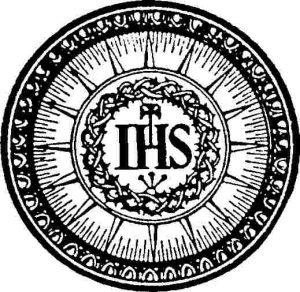 Lenten Journal, Day 3
Lenten Journal, Day 3 Lent Journal, Day 2
Lent Journal, Day 2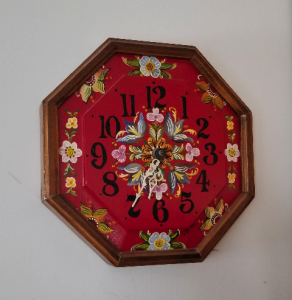 Where to begin?
Where to begin?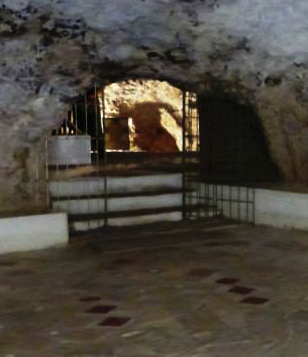 A wandering Aramean was my ancestor; he went down into Egypt and lived there as an alien, few in number, and there he became a great nation, mighty and populous. – Deuteronomy 26:5
A wandering Aramean was my ancestor; he went down into Egypt and lived there as an alien, few in number, and there he became a great nation, mighty and populous. – Deuteronomy 26:5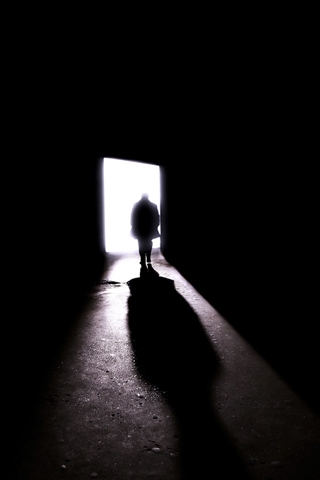 I didn’t intend to walk away from religion when I retired from pastoral ministry, but it is sort of happening.
I didn’t intend to walk away from religion when I retired from pastoral ministry, but it is sort of happening.  On the third day there was a wedding in Cana of Galilee, and the mother of Jesus was there. Jesus and his disciples had also been invited to the wedding. – John 2:1-2
On the third day there was a wedding in Cana of Galilee, and the mother of Jesus was there. Jesus and his disciples had also been invited to the wedding. – John 2:1-2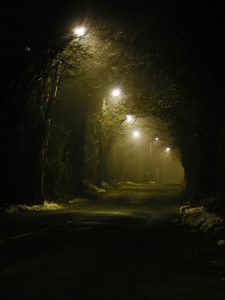 If I were preaching this coming Sunday (which I’m not … but if I were …), I’d look at darkness. Strange choice, perhaps, for the Sunday after Christmas Day, but the Episcopal Church lectionary always specifies the prologue of John’s Gospel as the gospel lesson for this Sunday and it includes that verse: “The light shines in the darkness, and the darkness did not overcome it.”
If I were preaching this coming Sunday (which I’m not … but if I were …), I’d look at darkness. Strange choice, perhaps, for the Sunday after Christmas Day, but the Episcopal Church lectionary always specifies the prologue of John’s Gospel as the gospel lesson for this Sunday and it includes that verse: “The light shines in the darkness, and the darkness did not overcome it.” They shall live secure, for now he shall be great to the ends of the earth. – Micah 5:4b
They shall live secure, for now he shall be great to the ends of the earth. – Micah 5:4b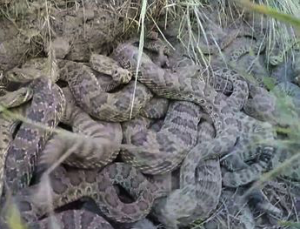 John said to the crowds that came out to be baptized by him, “You brood of vipers! Who warned you to flee from the wrath to come?” (Luke 3:7)
John said to the crowds that came out to be baptized by him, “You brood of vipers! Who warned you to flee from the wrath to come?” (Luke 3:7)

